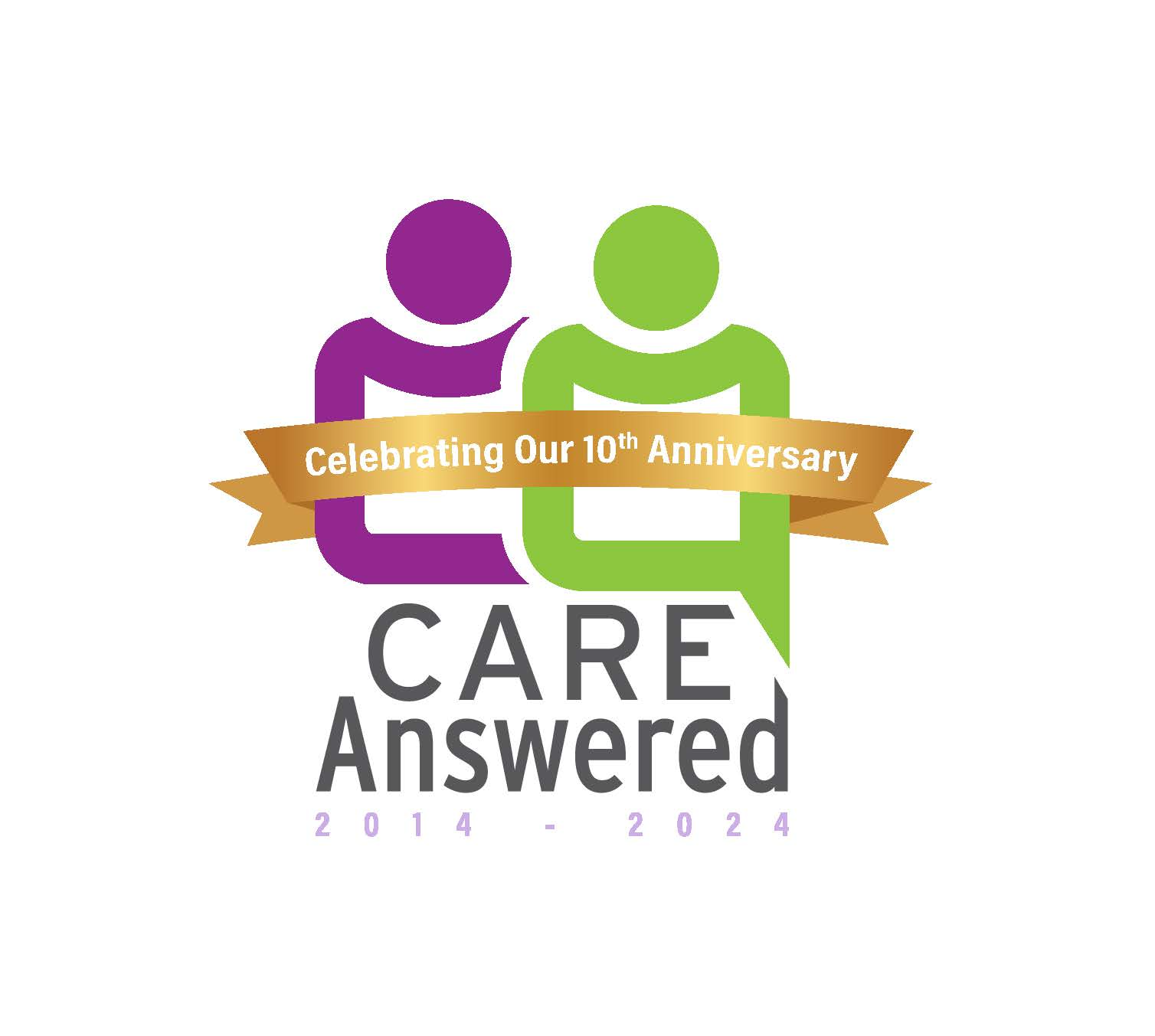Have you heard of polypharmacy? More importantly, do you know what it is and how – not to mention why – to avoid it? Polypharmacy can lead to overprescribing which can lead to poor quality of life and even death.
“Of Americans 65 and older, two-thirds take at least five medications a day. Studies have shown not all of these medications prescribed are beneficial and even those properly prescribed have side effects. Then, often, we are treating side effects of one medication with another medication and the cycle continues. Between 2020 and 2030 medication overload in America could cause more than 150,000 premature deaths and 4.5 million hospital admissions.” (Lown institute, an American think-tank)
The good news is that getting people off drugs is something that doctors, nurses and pharmacists are working on, even setting up “deprescribing networks“ all over the world. What can you do to avoid the negative impacts of polypharmacy for you and your loved ones?
BE PREPARED During Visits with the Doctor
- Have a list of your medications (including vitamins and supplements) listing the dosage, why you take it, who prescribed it and when you take it
ASK, ASK, ASK
- Ask your prescribing clinicians what the drug will treat and what are potential side effects.
- If you are taking multiple medications discuss with your clinicians if it is still appropriate to take them at all. What is the risk of getting off or lowering the dosage versus the risk of staying on the medication?
- Ask, if your option is to get off a medication, what is the best way to do that (ie stop taking it or weaning off). And schedule follow-up appointments to make sure things are going according to plan.
- Ask your pharmacist each time you pick up a prescription (and use the same pharmacy for all medications) if there are any common side effects from the medicine, and if the medication interacts with other medications you may take.
Remember you know your body best. Asking questions will ensure that you have all the information you need to make sure you and your clinician are doing what’s best for you. Be an informed patient and caregiver.
Contact Care Answered. We get healthcare DONE.

